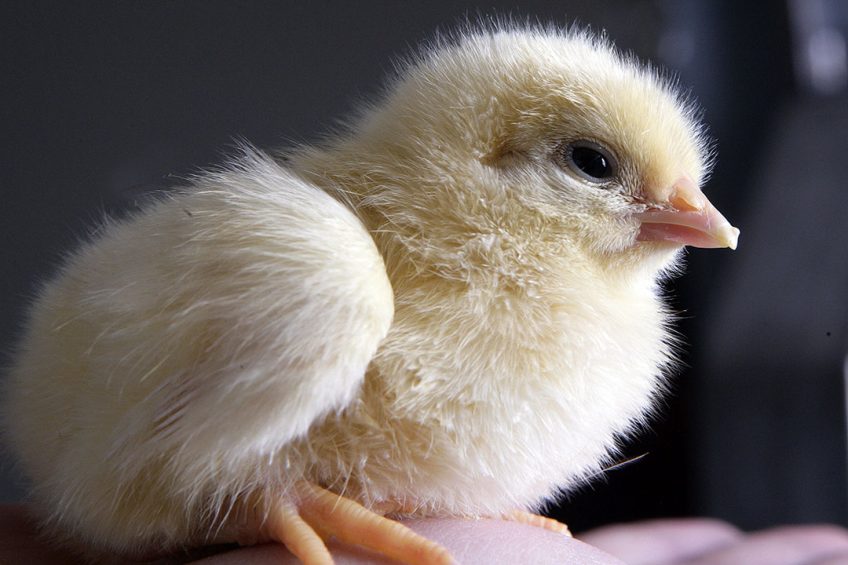Leaky vaccines help prevent Marek’s disease transmission

Imperfect vaccines limit the spread of Marek’s disease virus, which costs the global poultry industry US$?1bn a year.
The virus leads chickens to develop tumours in various parts of the body and also causes eye cancer and wing and leg paralysis and eventually death. It spreads through inhalation of a mix of bird feed, bedding material, bird droppings, feathers and skin.
In our study, we found that leaky vaccines can provide benefit in terms of reducing the presence and severity of symptoms, and mortality, caused by Marek’s disease even for unvaccinated chickens.” – Dr Richard Bailey, Roslin Institute.
Scientists have found that vaccines which typically manage disease symptoms but fail to prevent infection and spread are more effective than previously thought in controlling the severity of the disease. This benefit extends to unvaccinated chickens in the same flock as vaccinated birds.
Poultry Health ToolWith the latest insights on the 40+ most common poultry diseases.
Researchers from the US Department of Agriculture’s Avian Disease and Oncology Laboratory (ADOL) and the Roslin Institute, Scotland, tested the impact of vaccination on Marek’s disease transmission. One group of birds received a leaky vaccine – this contained a related live virus originating from turkeys, which causes an immune response but no symptoms. A second group was given a sham vaccine, which contained no biological material. Both groups were then infected with Marek’s disease virus.
Our findings suggest that even leaky vaccines can play a key role in reducing disease transmission.” – Professor Andrea Doeschl-Wilson, Roslin Institue.
Results
Groups of infected birds were placed with sets of unvaccinated chickens and more than 97% of the birds became infected. However, unvaccinated chickens that had contact with vaccinated birds were less likely to develop full-blown Marek’s disease and there were also fewer deaths. This was found to be because vaccinated birds transmitted fewer copies of Marek’s disease virus.
Also interesting: Evolution of Marek’s disease in poultry – secrets revealed
Commenting on the work, lead scientist and Roslin Institute research fellow Dr Richard Bailey, said: “In our study, we found that leaky vaccines can provide benefit in terms of reducing the presence and severity of symptoms, and mortality, caused by Marek’s disease even for unvaccinated chickens. “We need further research to understand how this effect changes as the virus mutates and in other strains of chickens.”
Professor Andrea Doeschl-Wilson, Chair in Animal Disease Genetics and Modelling at the Roslin Institute, added: “Our findings suggest that even leaky vaccines can play a key role in reducing disease transmission. However, this is only one component in tackling disease in farmed animals – others include improved animal husbandry and breeding for disease resistance.” The study was published in the journal PLOS Biology












